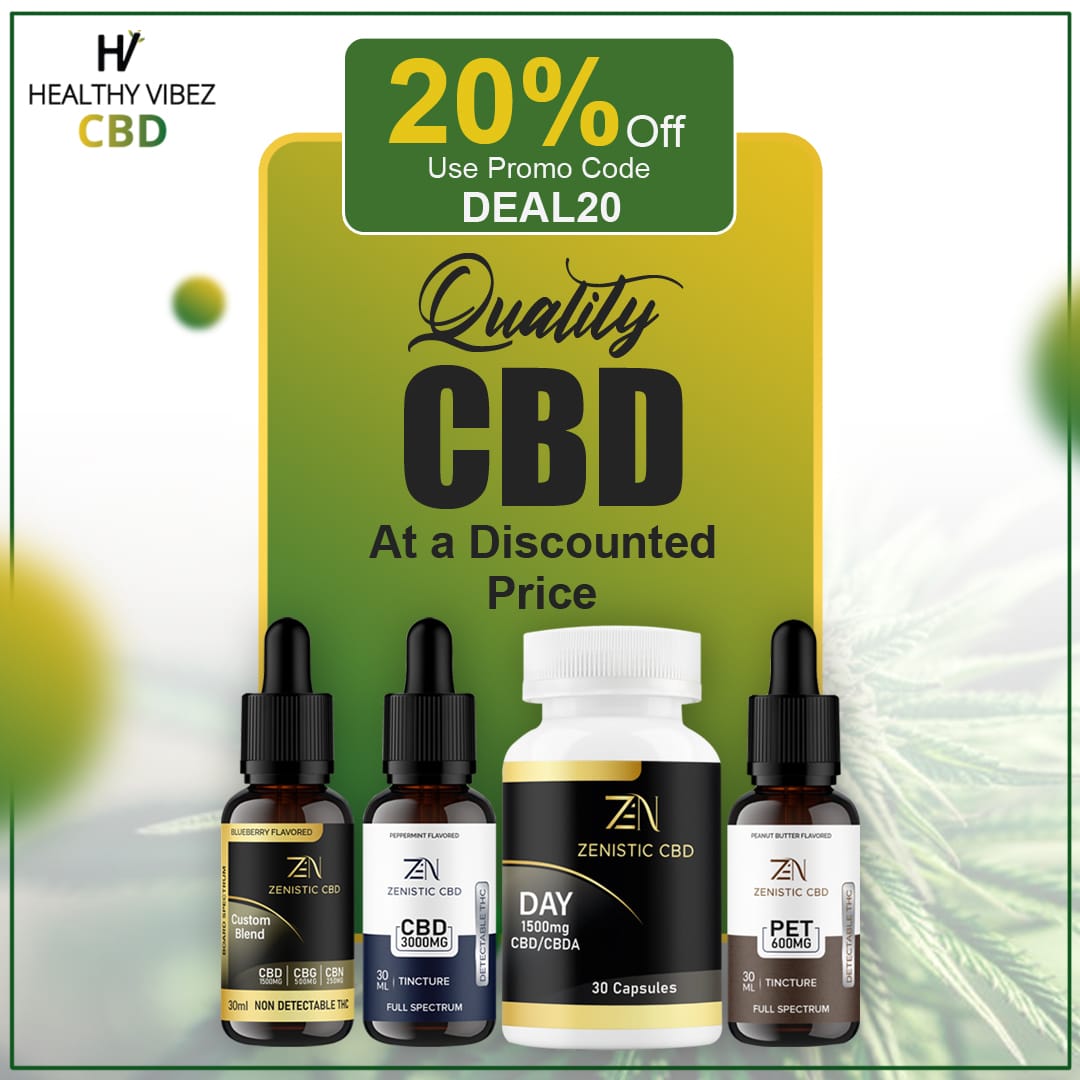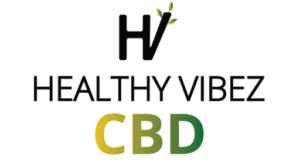CBD lovers use edibles to kick-start their day or call it a night. These portable edibles have accurately measured compounds, making them the perfect choice for consumption.
People who solely want edibles with CBD go for CBD isolates. There are also Full-spectrum CBD edibles that have trace amounts of THC in them.
Pregnant women may eat these edibles to counter the effects of pregnancy. From morning sickness to depression, CBD edibles come in handy. But you must always consult your physician before touching any CBD-related edibles.
This article is a comprehensive guide to CBD edibles and whether they are safe for pregnant women’s consumption.
What Is CBD Edibles?
Edibles are foods that you can eat. And an effective CBD edible has just the right amount of CBD to give the best results.
Hemp-derived CBD edibles or CBD isolates have therapeutic uses. They can be taken to handle discomfort, uneasiness, etc., which are some common side effects of pregnancy. Another great thing about these edibles is that they don’t require prior verification upon purchase.
They are already pre-measured, so you need not worry about servings. Plus, you will not get that ‘high’ effect that normally happens when you take THC or CBD edibles.

Some of the popular edibles you can find online are:
- CBD oil and tincture
- CBD gummies
- CBD capsules or supplements
- CBD candies
These are nice alternatives to CBD smoke and vaporizers. And you would control the amount of CBD consumed in a day without worrying about serious side effects.
How Does CBD Help You During Pregnancy?
CBD oils are becoming popular among pregnant women to treat uneasiness, morning sickness, and insomnia. A study also believes that taking CBD products reduces anxiety and sleep disorders.
Pregnant women also use CBD edibles as supplements to avoid morning sickness and nausea. Moreover, CBD also has anti-inflammatory properties. This makes CBD cream and topicals extremely popular among pregnant women who experience muscle pain. You are safe from its adverse effects since you are not ingesting the CBD compound.
It is highly recommended to avoid CBD edibles with a high THC content. CBD might not pose fatal risks, but precaution is necessary with any cannabis-related products.
CBD Edibles Before Pregnancy vs. Post Pregnancy
If you are an avid lover of CBD and thinking of pregnancy, you might want to shift to CBD edibles. Smoking marijuana is not recommended by doctors during pregnancy. It is because marijuana compounds like THC remain in your system for about 30 days.
There is no conclusive evidence that CBD edibles or marijuana can cause miscarriage. However, a study suggests that it can delay your pregnancy. Further research is required to know the effects of CBD edibles if one is trying to conceive.
Some people find CBD edibles suitable for getting rid of postpartum depression instead of antidepressants. CBD droppers can also be used to treat nighttime depression.
However, experts recommend that low magnesium levels can be the reason for depression. A nice Epsom salt bath can make you feel relaxed and help treat these blues.
But some use hemp-infused edibles, like brownies or cookies, and a cup of tea to handle their anxiety after pregnancy.
What Do Researchers Say?
Marijuana has a notorious reputation, so its extensive intake is always discouraged. The same goes for CBD edibles; researchers worry they carry their fair share of woes.
Frequent use of CBD during pregnancy causes side effects such as diarrhea that result in dehydration. Some alternatives to CBD edibles are ginger, magnesium supplements, and vitamin B.
It has been found that 1 in 25 women are estimated to use cannabis during their pregnancy.
In conclusion, the use of cannabis in any form is discouraged. The American College of Obstetrics and Gynecology (ACOG) has disapproved the consumption of marijuana during pregnancy and breastfeeding.
Traces Of THC Inside CBD For Pregnant Women
THC is mainly stored in the form of fat. And babies usually have a high percent of body fat and fat present in their developing brains. Research suggests that the mother passes THC to the infant via the placenta.
Moreover, the chances of passing THC from breast milk to the baby are also very high. It becomes prudent to determine if the CBD edible you are consuming has a high content of THC or not.
CBD products contain about 0.3% or less of THC. This is generally not noticeable in drug tests. Full-spectrum CBD edibles usually have the desired amount of THC, making them safe for consumption.
You can go for Broad-spectrum CBD, which does not have any THC. Or, try CBD isolates that are solely made from the CBD compound.
The FDA’s Stance On The Use Of CBD
The FDA also worries that the following substances may contaminate CBD edibles:
· Pesticides
· Heavy metals
· Bacteria
A study has found that CBD may contain traces of heavy metals such as lead, cadmium, arsenic, and mercury. All of these substances can hinder the infant’s growth and lead to serious medical conditions in the long run. This calls for a reevaluation of CBD labeling by companies selling such products.
In short, the FDA discourages the use of marijuana products, in any form, during pregnancy. Only one medicine containing CBD has been approved by the FDA called Epidiolex, which is used to treat epilepsy.
FDA shows significant concerns over the use of CBD by pregnant women. Even CBD products can be derived from marijuana, which slightly contains THC. Therefore, any CBD product is likely to create adverse effects on nursing mothers.
Bottom Line
There are conflicting opinions when it comes to the use of CBD edibles. The FDA strongly discourages their intake, especially for pregnant women. The reason is that considerable traces of THC in CBD edibles can result in major repercussions.
But CBD is a nice alternative to painkillers and antidepressants. Physicians also suggest using CBD for postpartum depression and anxiety. However, necessary precautionary measures must be taken.

